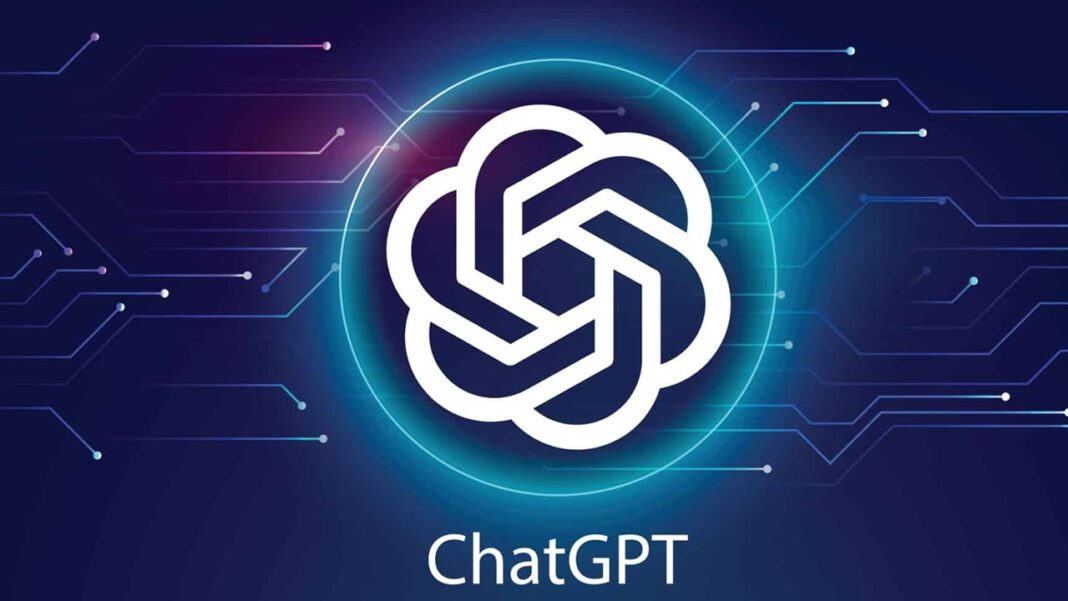Dr. Aman Mittal, Vice President, LPU
Today, language processing has entered a new phase, thanks to the emergence of ChatGPT (Chat Generative Pre-Trained Transformer). The AI chatbot launched in November 2022 is capable of generating text-based results that are identical to human responses. As a result, it has disrupted several sectors while sparking mixed reviews among its users.
Owing to several functionalities, such as responding to questions, carrying on a conversation, and producing software code, it has already started to revolutionise the technology sector. However, irrespective of its usage, it has also reached the classrooms, and many experts anticipate that it is going to change pedagogy as well as the way students pursue their education.
ChatGPT: A new opportunity for education
As some users have already tested the app’s capacity to produce convincing versions of answers to exam questions and even professionally written academic papers, ChatGPT has sparked a great deal of interest in the educational community. Others feel that students could gain from knowing the ins and outs of technology and could use it as a tool to explore the possibilities and constraints of online information sources.
ChatGPT can be customised for a variety of tasks, including question-answering, language translation, and text summarization. For the educational sector, this can result in a number of use cases.
A resource for teachers
Teachers can streamline their lessons as a result, giving their students an educational experience that is more enjoyable and rewarding. Teachers can follow ChatGPT’s instructions to create individualised lesson plans, respond to student inquiries, and provide quick feedback on students’ work.
Teachers can benefit from using this tool by creating interactive tests, games, and other fun activities to supplement their typical teaching strategies. This tool gives teachers an advantage because it can simplify even the most complex subjects for students, thus becoming an extra resource for the teachers.
Better research for students
Whenever students do research on a search engine, they are given a myriad of results. These results are sometimes overwhelming for the learners, as they are unable to filter the right information. With ChatGPT, if an individual provides the correct “prompt” (a command or an action sentence), they can receive direct results that are related to their query.
ChatGPT has a great deal of intelligence and resources. Therefore, it can be a great way to gain general knowledge for students while also acting as a reference point for a piece of information.
A two-edged sword
Undoubtedly, ChatGPT is a phenomenally capable tool that performs admirably across a wide range of tasks and academic subjects. However, there are still concerns about over-reliance on AI, poor originality, and plagiarism risks. Therefore, before being used in any research project, the results must undergo careful examination because they occasionally have a tendency to provide inaccurate information.
Additionally, it’s crucial to keep in mind that ChatGPT is a tool and that, as such, it should be used in tandem with other resources of information and guidance rather than on its own.
The artificial intelligence tool ChatGPT has the potential to transform education, but the sector has not yet determined whether it will be better or worse. As a result, worries about ChatGPT should not be based on what it is right now but rather on what it might develop into in the future for education.




